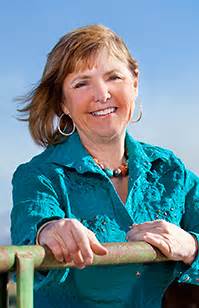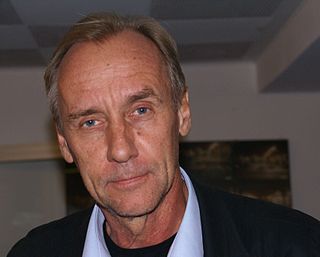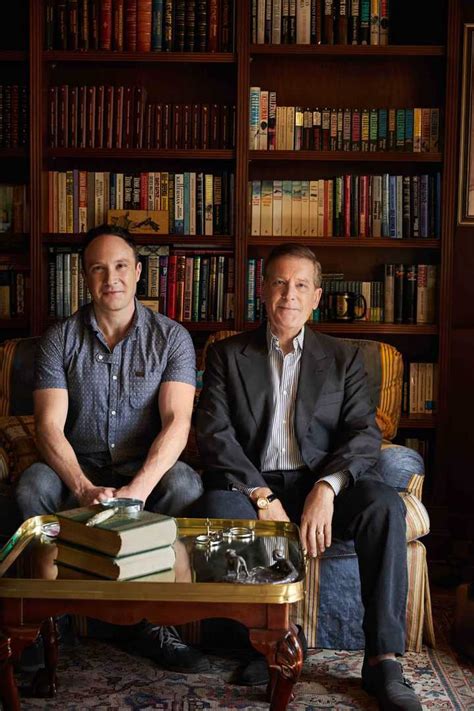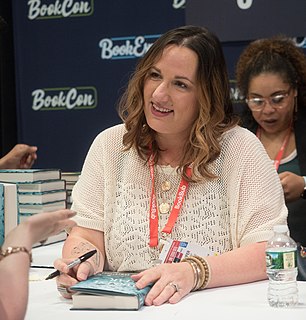A Quote by Brian Hodge
My first crime novel, "Wild Horses," sold at auction, and that changed my life at an ideal time.
Related Quotes
Since humans first huddled around campfires, stories have been told of wild horses with wind in their manes, fire in their eyes and freedom in their hearts. Those horses eluded capture, and scorned the comforts of civilization. Americans have insisted they want their wild horses to live that way, forever.
Harry is heavily into camping, and every year in the late fall, he makes us all go to Assateague, which is an island on the Atlantic Ocean famous for its wild horses. I realize that the concept of wild horses probably stirs romantic notions in many of you, but this is because you have never met any wild horses in person. In person, they are like enormous hooved rats. They amble up to your camp site, and their attitude is: We're wild horses. We're going to eat your food, knock down your tent and poop on your shoes. We're protected by federal law, just like Richard Nixon.
We're more familiar with what economists call an English auction - prices start low and rise as people bid. However, there is also the Dutch auction, where prices start high and go lower until somebody bites. Movies are sold to the audience via a very slow Dutch auction, where each phase between price drops can last weeks or months.
I sold my first short story while I was home on maternity leave, then began working on novels. Since I was reading and enjoying romance novels at the time, the first two unpublished manuscripts I wrote were both romances. I sold my third novel, 'Call After Midnight,' to Harlequin Intrigue after submitting it unagented.
It seems to me that one of the things that happened with a lot of literary fiction in the 1980s and 1990s was that it became very concerned with the academy and less with how people live their lives. We got to a point where the crime novel stepped into the breach. It was also a time when the crime novel stopped being so metropolitan.
If I can give a young author any advice, whatsoever, never let anyone announce the film sale of your first novel. Film rights are sold to almost every novel, but it shouldn't be the lead story in your first engagement with the press. Then you end up getting reviews like "a novel made for the screen" and things like that.
































